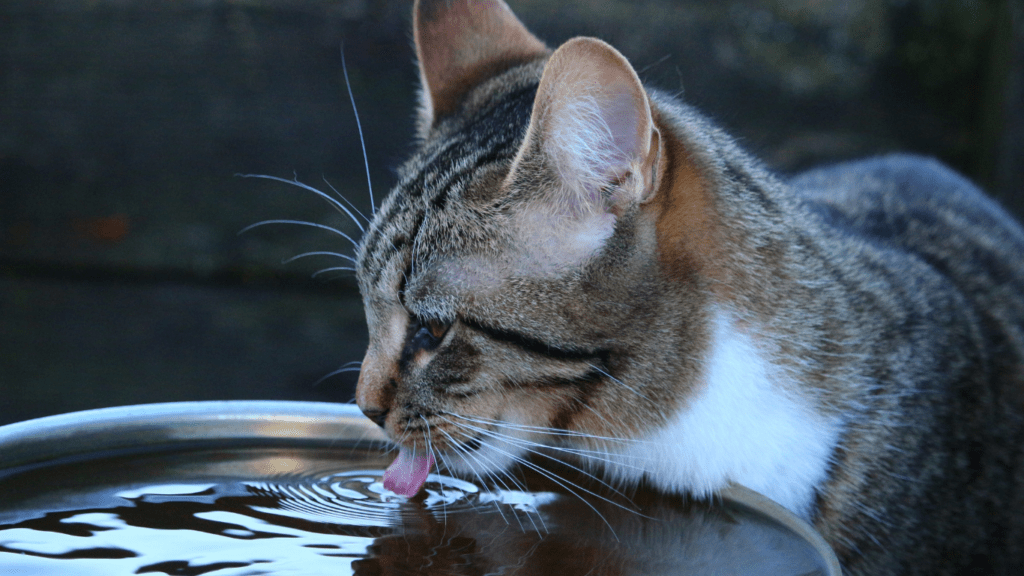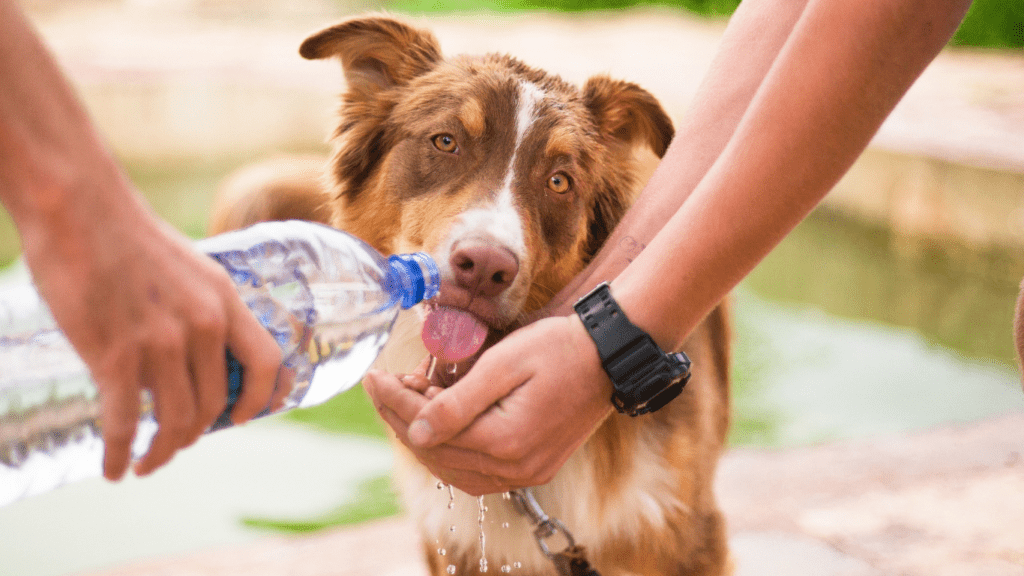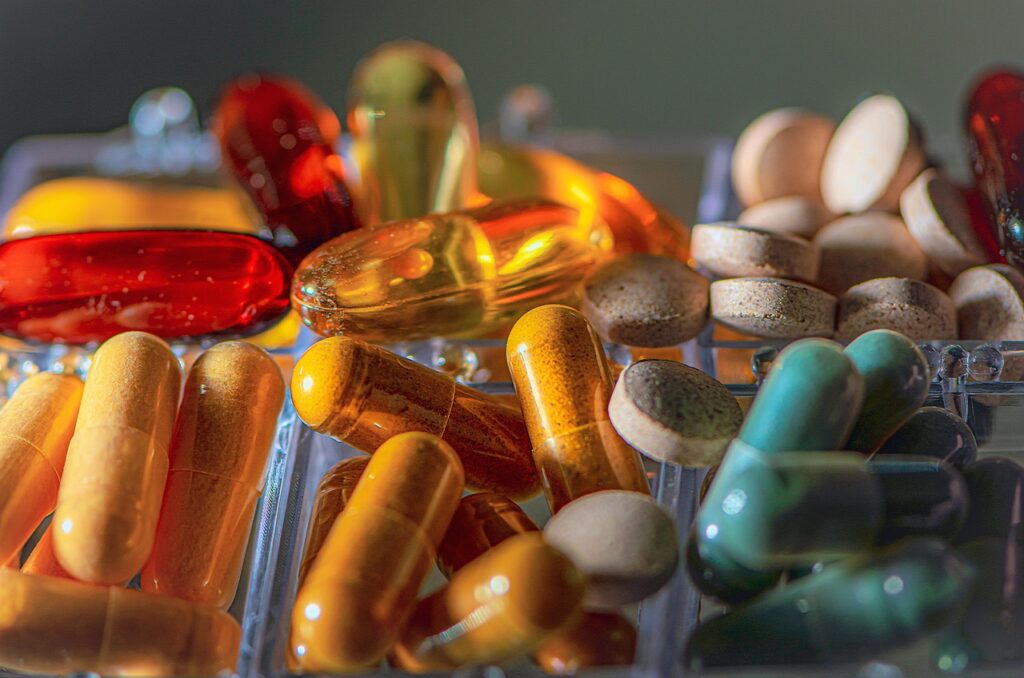The Importance Of Hydration For Pets
Hydration’s crucial for pets’ overall health. Just like humans, pets need water to maintain vital bodily functions. Water aids in digestion, nutrient absorption, and waste elimination. It also helps regulate body temperature, especially in hot weather when pets are more prone to overheating.
Dehydration can have severe consequences. Symptoms include lethargy, dry mouth, sunken eyes, and loss of appetite. Severe cases can result in organ failure. To prevent dehydration, make sure pets always have access to fresh water.
Specific needs vary by species, size, and activity level. For example, dogs generally need about one ounce of water per pound of body weight daily, while cats usually require a bit less. Active pets or those eating dry food may need more water. Always monitor their water intake and consult a veterinarian if unsure.
Regular hydration supports energy levels. Properly hydrated pets are more active and engaged. They recover faster from exercise and are less likely to suffer from heat-related illnesses. This adds to their overall happiness and well-being, making hydration a key aspect of pet care.
Signs Of Dehydration In Pets

Dehydration can lead to serious health issues in pets. Recognizing the signs early can prevent complications.
Physical Symptoms
- Pets show dehydration through various physical signs.
- One clear indicator is a loss of skin elasticity. If you gently pull your pet’s skin and it doesn’t snap back quickly, dehydration might be the cause.
- Dry or sticky gums are another common symptom. Pets’ gums should be moist; dry gums suggest insufficient hydration.
- Sunken eyes can indicate severe dehydration, especially in cats.
- Reduced urination or dark yellow urine also signals that a pet isn’t getting enough water.
Behavioral Changes
Dehydrated pets often exhibit noticeable behavioral shifts. Lethargy is typical; a pet might sleep more or exhibit less enthusiasm for playing. They might also show an increased desire to drink water, though severely dehydrated pets might actually refuse water. Changes in appetite often accompany dehydration, with pets eating less than usual. Watch for unusual panting, as it’s a sign, especially in dogs, that they’re trying to cool down without enough water in their system.
Benefits Of Proper Hydration
Proper hydration greatly impacts a pet’s health. It supports various bodily functions vital for their well-being.
Improved Digestion
Hydration aids digestion by breaking down food efficiently. Pets can better absorb nutrients, ensuring they get the most from their diet. For instance, pets with a consistent intake of water often experience fewer digestive issues like constipation.
Enhanced Joint Health
Water lubricates joints, reducing the risk of arthritis and other joint-related problems. When pets are well-hydrated, their joints have the necessary cushioning, enabling smoother movements. Examples include older dogs that often show reduced signs of stiffness with proper hydration.
Optimal Organ Function
Organs like the kidneys rely on adequate water to filter toxins from the body. Proper hydration helps maintain kidney function, preventing conditions like urinary tract infections and kidney stones. Pets with regular water intake tend to have better overall health and fewer organ-related issues.
Encouraging Pets To Drink Water
Proper hydration is crucial for pets. Here are ways to encourage them to drink more water.
Providing Fresh Water
Place water bowls in easily accessible areas. Clean the bowls daily and refill them with fresh water to maintain cleanliness and appeal. Offer water at room temperature, as pets may find it more palatable.
Using Water Fountains
Consider water fountains for pets. Running water can attract pets and encourage them to drink more. Look for fountains designed for pets, featuring filters to keep the water clean and motor systems that minimize noise.
Hydrating Foods
Incorporate moist foods into their diet. Wet pet foods like:
- canned dog food
- wet cat food
- fresh fruits (e.g., cucumbers, blueberries) c
ontain higher water content. Supplement dry food with water-rich treats to boost hydration.
Special Considerations For Different Pets
Hydration requirements differ across pet species. Each type has unique needs and challenges related to water intake.
Hydration For Dogs
Dogs often need about one ounce of water per pound of body weight daily. Variables like activity level and climate can increase that amount. In hot weather, offer extra water to prevent dehydration. Using water bowls in multiple household areas ensures convenient access. For picky drinkers, consider flavoring water with a splash of low-sodium broth.
Hydration For Cats
Cats generally consume less water than dogs, partly due to their origins as desert animals. Despite this, they need consistent hydration for urinary tract health. Wet food boosts their water intake, as does placing water bowls throughout the house. Cats often prefer running water, making pet fountains an effective tool.
Hydration For Small Animals
Small animals like rabbits, hamsters, and guinea pigs require fresh, clean water daily. Use drip bottles attached to their enclosures to keep water free from bedding and contaminants. Monitor water levels frequently since small changes can indicate health issues. Providing water-rich vegetables like cucumber and lettuce complements their hydration needs.



 Pet Travel & Safety Consultant
Jimmy Dixoneser is the go-to expert on pet travel and safety at Pet Paw Shack. He provides valuable guidance on how to ensure pets are safe, comfortable, and stress-free when traveling. From creating checklists for pet-friendly vacations to advising on the best travel gear, Jimmy’s expertise helps pet owners confidently navigate adventures with their pets, whether on the road or in the air.
Pet Travel & Safety Consultant
Jimmy Dixoneser is the go-to expert on pet travel and safety at Pet Paw Shack. He provides valuable guidance on how to ensure pets are safe, comfortable, and stress-free when traveling. From creating checklists for pet-friendly vacations to advising on the best travel gear, Jimmy’s expertise helps pet owners confidently navigate adventures with their pets, whether on the road or in the air.
